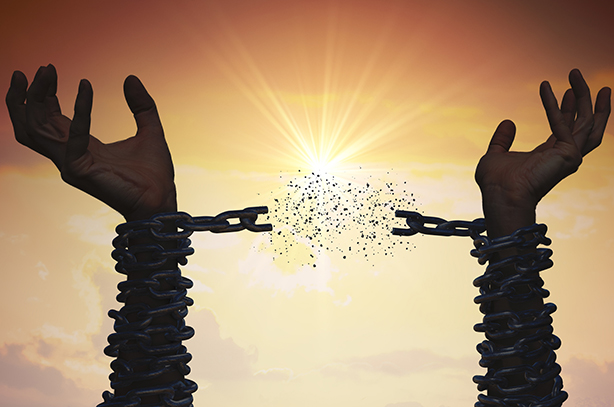In the intricate maze of human relationships, not all bonds are built on healthy foundations. Some connections, known as trauma bonds, are forged in the fires of pain and suffering. Understanding trauma bonds is the first step towards healing and reclaiming your emotional well-being.
What Are Trauma Bonds?
Trauma bonds are emotional connections that develop between individuals through repeated cycles of abuse, pain, and positive reinforcement. These bonds often form in abusive relationships, whether they are romantic, familial, or even professional. Despite the harmful nature of these relationships, individuals find themselves inexplicably attached to their abusers.
How Do Trauma Bonds Form?
Trauma bonds are typically formed through a pattern of abuse followed by intermittent positive reinforcement. Here’s how this cycle works:
- Abuse: The abuser inflicts emotional, physical, or psychological harm.
- Positive Reinforcement: Following the abuse, the abuser may show affection, apologize, or give gifts, creating a sense of hope and relief.
- Cycle of Dependence: The victim starts to depend on these moments of kindness, hoping that the abuser will change.
- Repetition: The cycle repeats, with the victim becoming increasingly attached despite the ongoing abuse.
The Impact of Trauma Bonds
Trauma bonds can have profound and long-lasting effects on an individual’s mental and emotional health. Some of the impacts include:
- Emotional Confusion: Victims often feel confused about their feelings, struggling to reconcile the love and pain they experience.
- Low Self-Esteem: Repeated abuse can erode self-worth, making it difficult for victims to believe they deserve better.
- Isolation: Abusers often isolate their victims from friends and family, deepening the victim’s dependence on the abuser.
- Difficulty Leaving: The emotional attachment created by trauma bonds makes it incredibly challenging for victims to leave the abusive relationship.
Breaking Free from Trauma Bonds
Breaking free from trauma bonds is a complex and often challenging process, but it is entirely possible with the right support and strategies:
- Acknowledge the Bond: The first step is recognizing that you are in a trauma bond. Understanding the nature of the bond can help you see the relationship more clearly.
- Seek Support: Reach out to trusted friends, family, or a therapist who can provide emotional support and guidance.
- Set Boundaries: Establish and maintain firm boundaries with the abuser to protect your emotional health.
- Focus on Self-Care: Engage in activities that nurture your well-being, such as exercise, hobbies, and mindfulness practices.
- Educate Yourself: Learn more about trauma bonds and abusive relationships to empower yourself with knowledge.
- Create a Safety Plan: If you are in immediate danger, create a safety plan to leave the abusive environment safely.
In conclusion, trauma bonds can trap individuals in cycles of abuse and suffering, but understanding them is the key to breaking free. By acknowledging the bond, seeking support, and focusing on self-care, you can reclaim your life and build healthier, more fulfilling relationships. Remember, you deserve to be treated with kindness, respect, and love.
Connect with Us
At Recover All Behavioral Health, LLC, we are committed to helping you heal from trauma and build healthy, supportive relationships. If you or someone you know is struggling with a trauma bond, reach out to us today for compassionate and expert support.



